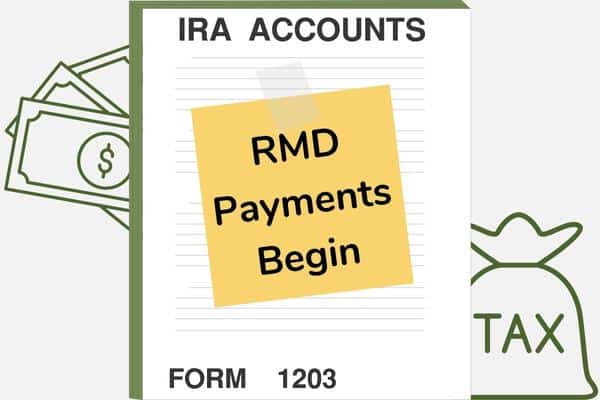The original GI Bill of 1944 helped WWII Veterans return to civilian life, providing a range of benefits, including academic and vocational funding. It was so successful that similar measures were adopted for subsequent Veterans. The most recent of these is the Post-9/11 GI Bill, which includes up to 36 months of educational benefits to eligible service personnel and, uniquely, to your dependents – if you plan ahead.
As part of SageVest Wealth Management’s commitment to America’s military families, we consider current provisions of the Post-9/11 GI Bill, plus recent legislative updates, as they relate to your broader wealth planning.
Personal Financial Planning
With careful planning, the Post-9/11 GI Bill offers real value for you and your family. However, eligibility requirements are complex, and not all benefits are transferable. It’s vital to coordinate critical timing and entitlement considerations into your long-term financial planning, in order to maximize benefits for you and your loved ones.
Basic Information About The Post-9/11 GI Bill
The Bill funds up to 36 months of study at colleges, universities, trade schools, and for some on-the-job training programs and apprenticeships. It can also cover licensing and certification fees. You must fulfill certain service requirements in order to be eligible.
Tuition Costs
The amount of tuition expenses you qualify for depends upon several factors, including:
• Service record on or after September 11, 2001.
• State of residence.
• Where you choose to study.
• Whether your study is full- or part-time.
Up to 100% of in-state tuition costs and fees at a public college may be paid.
For private institutions, tuition expenses are nationally capped. However, under the Yellow Ribbon Program, a private school may contribute a portion of any unmet tuition costs. This amount is then matched by the VA, up to the total tuition cost.
Other Costs Covered By The Post-9/11 GI Bill
You may also be eligible for:
• Help with textbooks and study supplies: Depending on how many credits you study, you may receive up to $1,000 annually, paid in advance as a lump sum.
• A monthly housing allowance: Housing allowances are calculated using factors including your active-duty record since September 11, 2001, course load, and where you choose to study. Even if your studies are online, you may still be eligible for a housing stipend. Housing allowances will decrease under new provisions (see below).
Transferring Your Post-9/11 GI Bill Educational Benefits
A unique feature of the Post-9/11 GI Bill is the ability to transfer any or all of your educational benefits to your spouse or children. You can transfer your entire benefit to a single family member, or divide it among dependents. However, not all options are transferable, and specific Department of Defense eligibility criteria apply, including:
• You must have served at least six years of active duty.
• You must commit to an additional four years of service.
• You must apply to transfer your benefits while serving.
Spouses
Your spouse won’t qualify for monthly housing payments or book/supplies stipends while you’re serving active duty. A divorce doesn’t impact spousal eligibility under the Bill, although you can re-assign your benefits.
Children
Children must be at least 18 years old or have earned a high school diploma or equivalent, and be under age 26. Marriage doesn’t impact their eligibility under the Bill. You must have completed a total of ten years of service before your child can use any transferred benefits.
Recent Changes To The Post-9/11 GI Bill
In August, 2017, the President signed into law updates to the Post-9/11 GI Bill, known as the Harry W. Colmery Veterans Educational Assistance Act of 2017, or more commonly, the ‘Forever GI Bill’:
• From August 2018, Purple Heart recipients will be eligible for full student aid, regardless of length of service.
• If you left service after January 1, 2013, the 15-year time limit to utilize your educational benefits is abolished.
• Beginning August 2020, new VA eligibility calculations will offer increased benefits, relative to the same service period.
• The Yellow Ribbon program is expanded to cover surviving spouses and children (as of August 2018), and active-duty service members (effective August 2022).
• Surviving spouses and children will receive increased stipends, but for a shorter period of time (36 months, down from 45 months).
• Certain college-level STEM courses may carry additional funding opportunities, on a first-come, first-served basis.
• Beginning August 2018, eligibility is expanded for members of the National Guard and Reserve who have been activated since 9/11/2001.
• Veterans who lost credits at failed educational institutions will be able to reclaim and reuse those benefits.
• To help fund the expanded provisions, housing stipends will decrease from January 1, 2018.
SageVest Wealth Management is an independent, fee-only financial advisor, located near Washington, DC. We proudly serve those who have chosen to dedicate their careers to military, Federal, state, or other public service. We invite you to contact us to learn how we can develop a financial plan to maximize your employment benefit opportunities in support of your longer-term wealth objectives.




